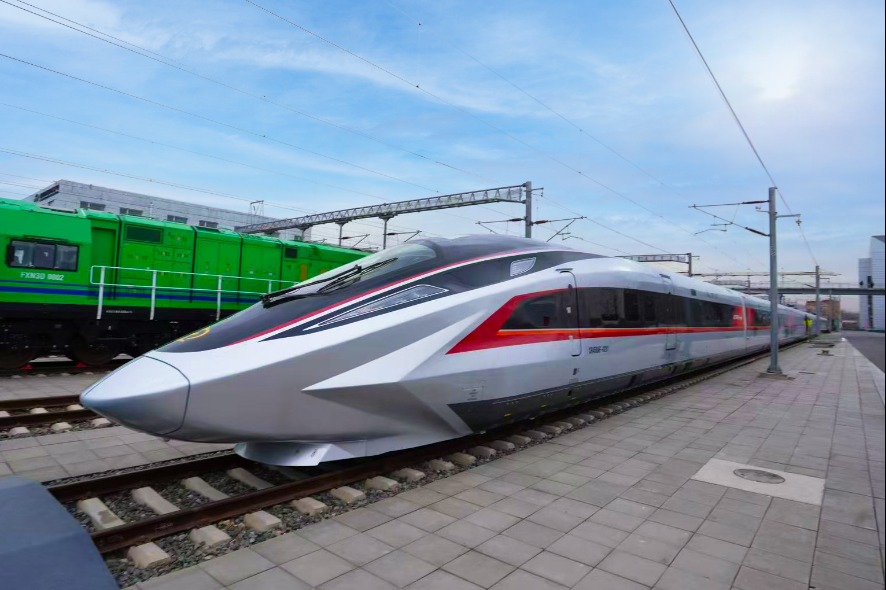G7 can no longer be called a club of like-minded global leaders


The G7 Summit has long been called a gathering of like-minded leaders. But that could be proved wrong this weekend as leaders of the seven most industrialized countries meet in the French seaside town of Biarritz.
For the most part, the US leader will not see eye to eye with the other leaders on many priority issues set for the summit. While French President Emmanuel Macron has listed climate change and the environment as a major focus for the summit, the US leader disappointed everyone at the G7 Summit two years ago in Sicily, Italy, by signaling the US withdrawal from the landmark Paris Agreement.
Macron has been trying to mediate and help reduce the tensions in the Persian Gulf, mainly between Iran and the United States after Washington pulled out of the Iran nuclear deal and re-imposed sanctions on Teheran. France and other major European countries wanted to preserve the Iran nuclear deal despite many challenges under the renewed US sanctions.
France, Germany and the United Kingdom have set up a special purpose vehicle, the Instrument in Support of Trade Exchanges, to help European companies bypass US sanctions to do trade with Iranian companies. Finland, which holds the European Council presidency, voiced its support for ISTE on Monday despite renewed US threat to punish European countries for doing business with Iran.
Major European countries are also angry with the US' decision early this month to terminate the 1987 Intermediate-Range Nuclear Forces Treaty with Russia. They said the US move opens the door to chaos and puts Europe under greater nuclear threat.
Macron has listed fighting inequality as another focus of the G7 Summit. The French leader has been haunted by nine months of "yellow vest" protests caused partly by the growing inequality at home. Macron has also invited five African countries to the summit to better tackle the inequality issue in the world. However, such efforts must be conducted under a strong multilateral global system, a system that has been increasingly rendered dysfunctional by the US administration's "America first" policy.
One year on, the US-triggered trade war with China and the punitive tariffs it has imposed on many other countries have proved costly to the global economy, as they have seriously disrupted global supply chains and increased business uncertainties.
European Union leaders are genuinely concerned about their own potential trade war with the US, a country that no longer looks like a close EU ally. The US administration has threatened to slap tariffs on French wines if France goes ahead with the digital tax on tech giants such as Google and Facebook. The US leader has said European cars pose a national security threat, emphasizing that punitive tariffs on European cars are never off the table.
On Tuesday, he told reporters: "We have all the cards in this country because all we have to do is tax their cars and they'd give us anything we wanted because they send millions of Mercedes over". On Wednesday, the US leader caused a stir across Europe when he called Danish Prime Minister Mette Frederiksen "nasty" after she mocked his "absurd" idea of buying Greenland. The US leader also called off a state visit to Denmark scheduled for Sept 2.
At last year's G7 Summit in Canada, the US leader refused to sign an agreed communiqué after Canadian Prime Minister Justin Trudeau said the US "tariffs were kind of insulting" and "he will not be pushed around".
No one knows whether the US leader will sign this year's communiqué despite news reports suggesting that Macron is cutting short the communiqué, citing "crisis of democracy". The only thing we know is that the G7 no longer appears to be a club of like-minded leaders.
The author is chief of China Daily EU Bureau based in Brussels.

































